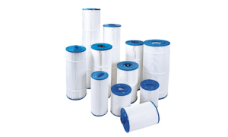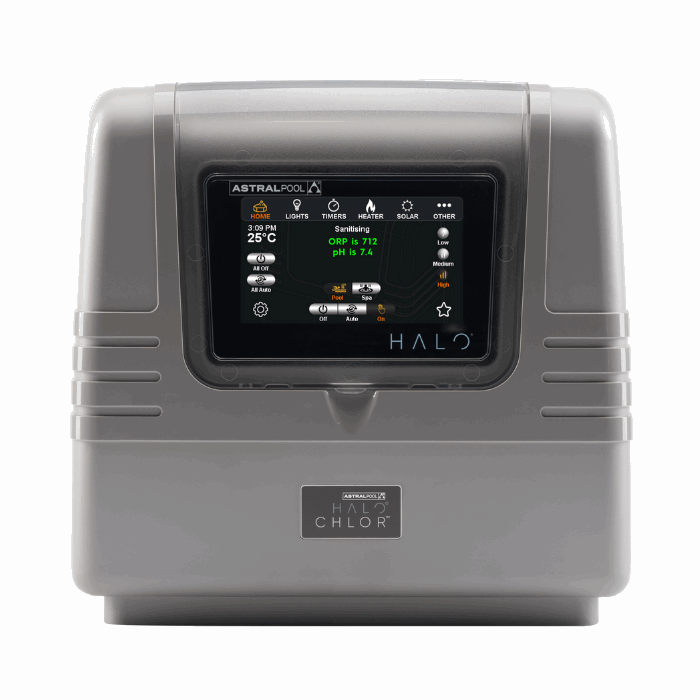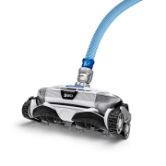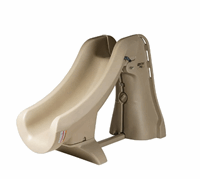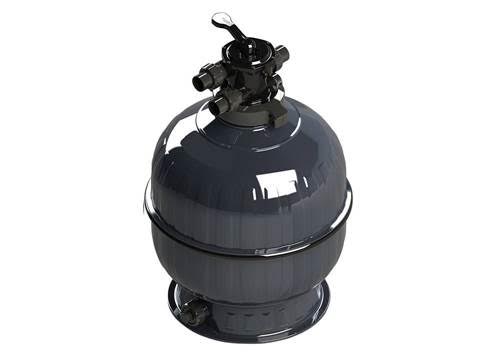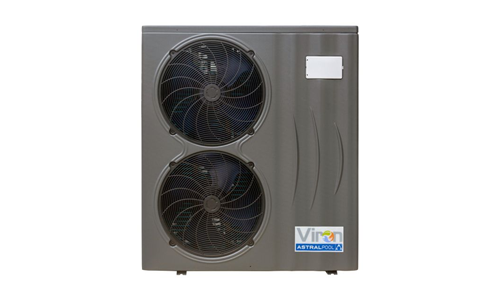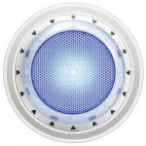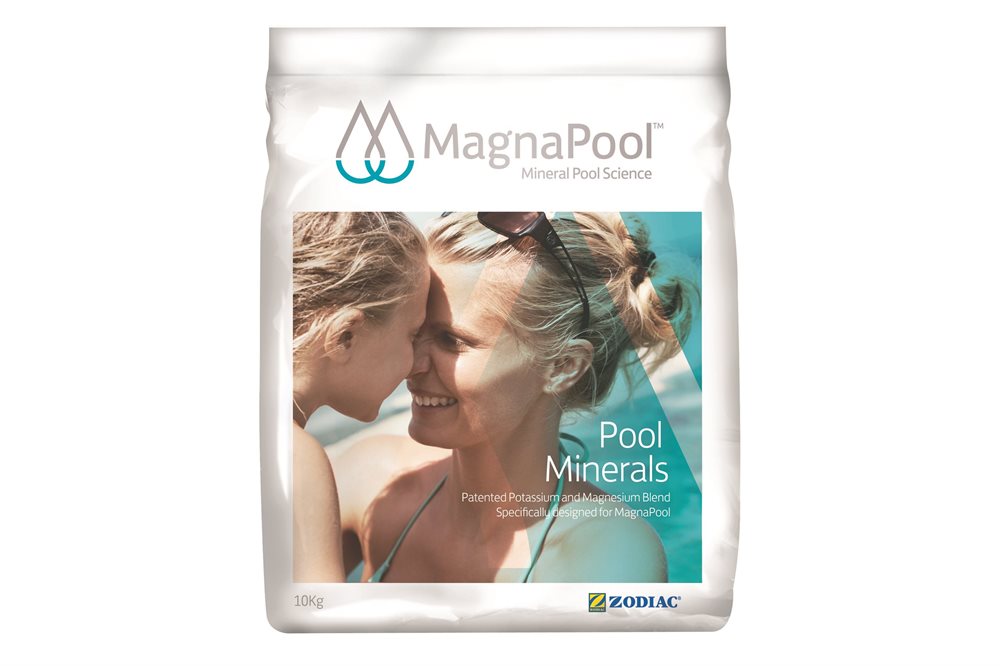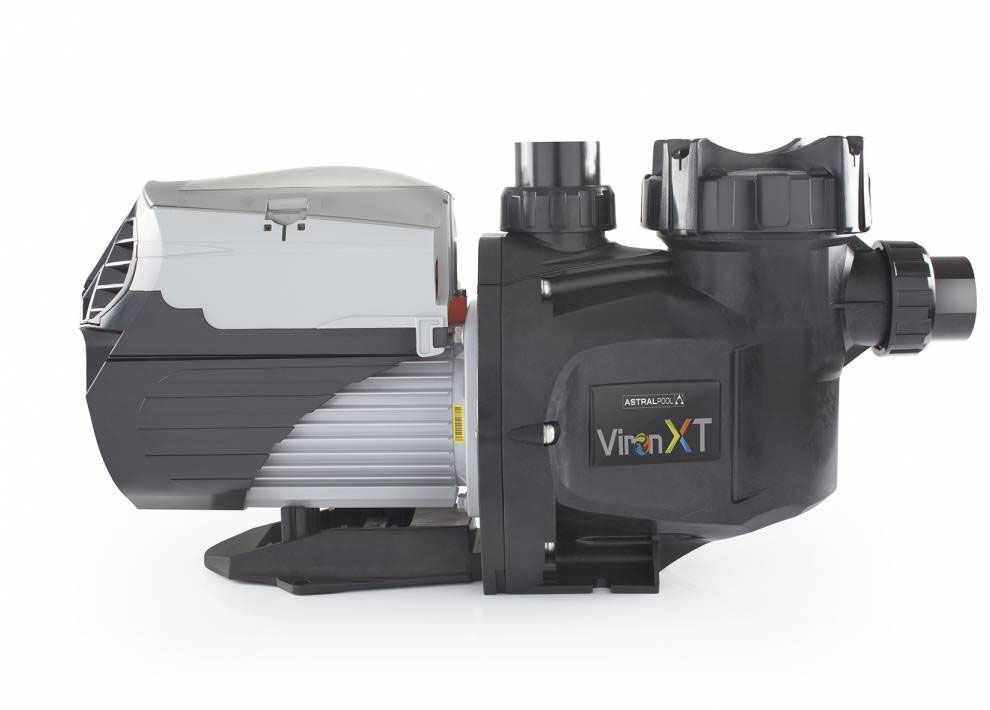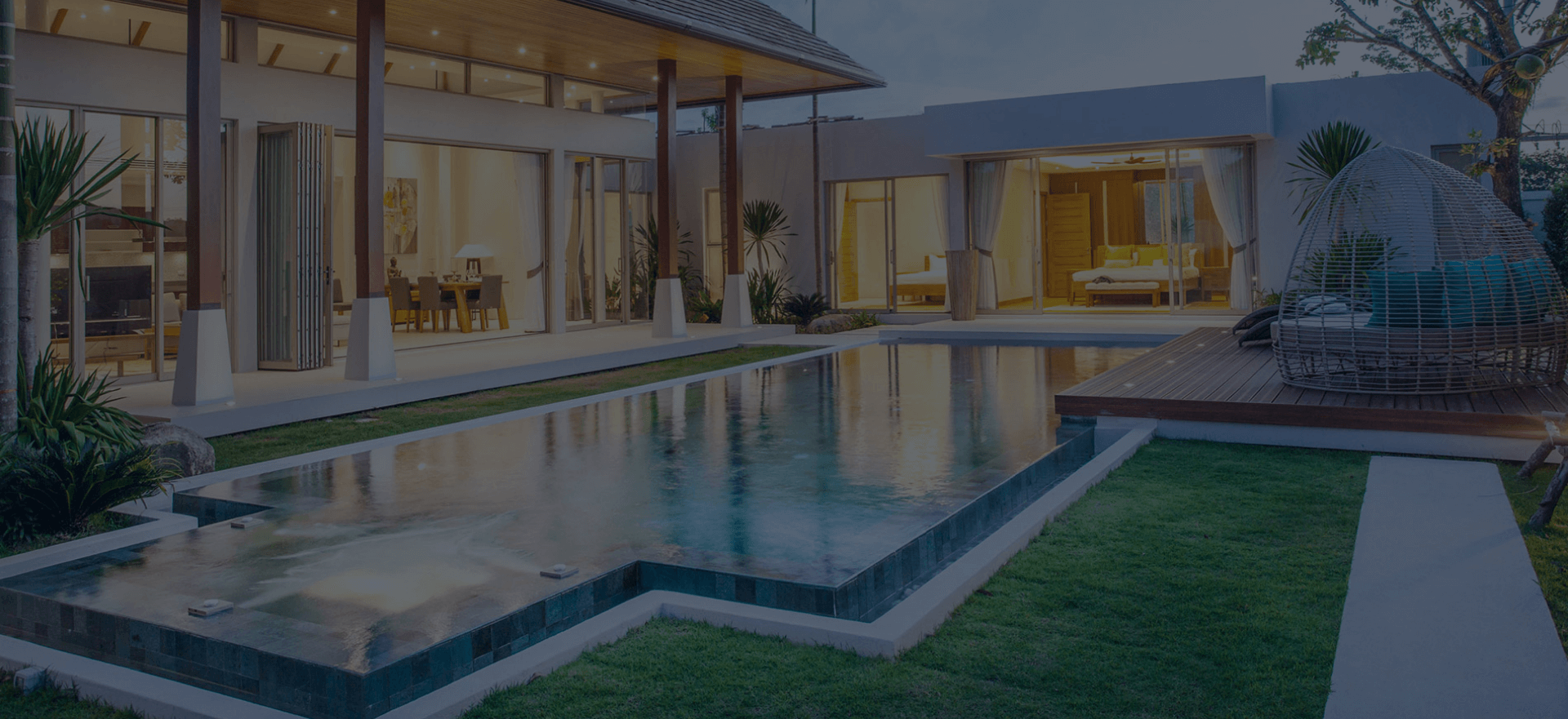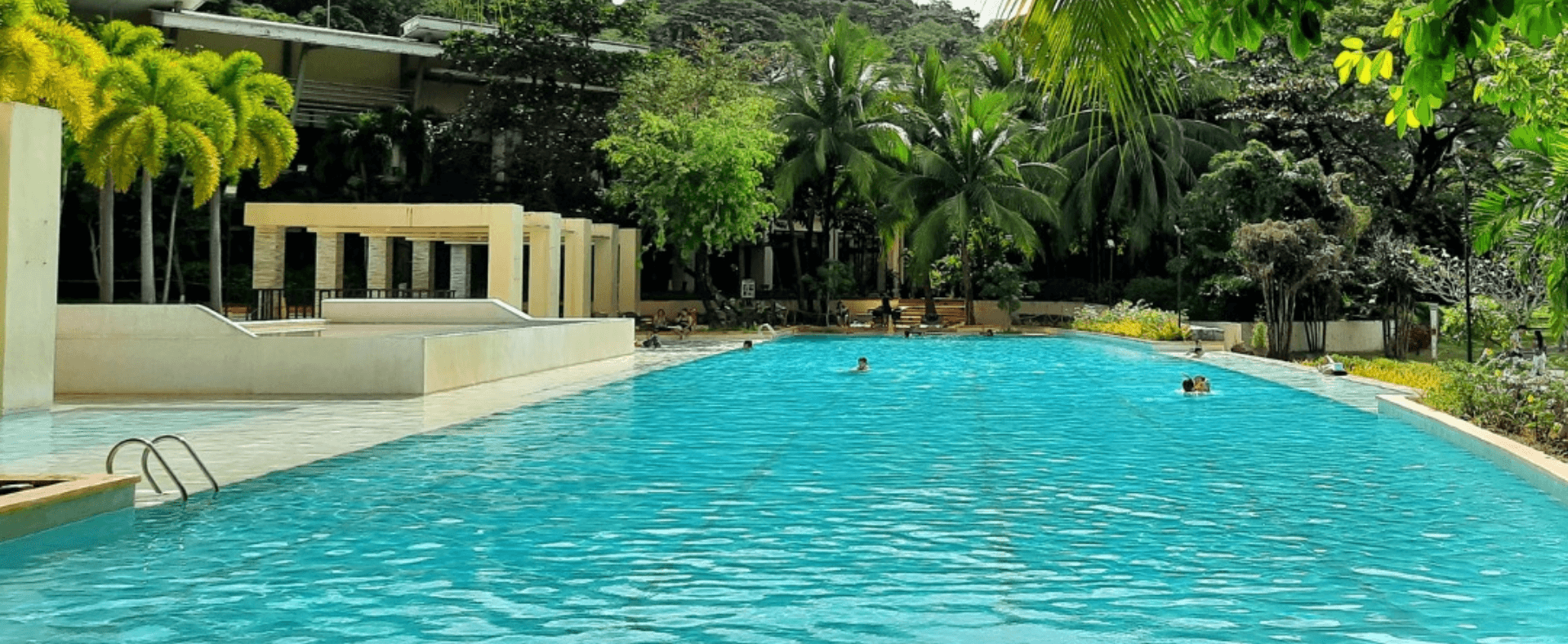-
How long should my pump run for?
Your pump and filter system should have been matched to the size of your pool when it was built so the total water volume is re-circulated at least twice a day. In most cases this means the pump should be running at around 8 hours per day during the summer period.
-
How often should I have my pool serviced?
The answer to this is of course going to depend very much on the individual circumstances, but as general guide, for units and other pools with heavy bather loads, at least once a week. For private pools with an average usage, once a fortnight is recommended. For pools that have little use and are not directly affected by nearby vegetation, once every four weeks should suffice. During the wet season, no pool should go any more than two weeks without at least having a water test.
-
Is there too much chlorine in the pool?
If there is a strong smell of chlorine coming from your pool then there is most likely in need of an oxidising (or) shock treatment. A shock treatment should be done at least monthly. The odour of strong chlorine occurs when the chlorine in your pool has combined with the organic matter and bather wastes within the pool. This combined chlorine remains in the pool however it is unhealthy and is no longer free and available to continue its action as an effective sanitiser. Oxidising pool water in a regular pool maintenance routine is often overlooked but it is one of the most important steps in keeping your pool healthy for swimming and running properly.
-
Why is my pool cloudy?
This can be the first sign that your pool may turn green if due to insufficient chlorine levels or inadequate filtration times. It can also be a result of storms blowing in dust and other debris or organic material from rain or water run off. Cloudy water is also caused by dirty or clogged filters which are unable to collect material in the water. We can check your chemical balance and adjust accordingly onsite.
-
How can I tell if my pool is leaking?
Natural evaporation will cause a water loss of between 2 and 5cm per week depending on how hot and windy it is. One quick way to check is to get a bucket of water and put it beside the pool and mark the line on the top of the bucket where the water is when first filled, mark a line inside your skimmer at the same time. Compare the two levels a few days later and if the pool has dropped considerably more than the bucket give us a call and we can arrange a leak detection.
-
What causes Blackspot algae and how can I stop it coming back?
Blackspot algae is a root based algae that embeds itself into the pebbles. Poor circulation can be a large contributor to recurrent blackspot issues. Ensuring good chlorine levels and good circulation will assist with reducing recurrent issues as will the use of a metal brush to “break down” the coating over the blackspot which will allow the chlorine to kill it off. The use of a quality algaecide is also recommended.

